本文转自:中国日报
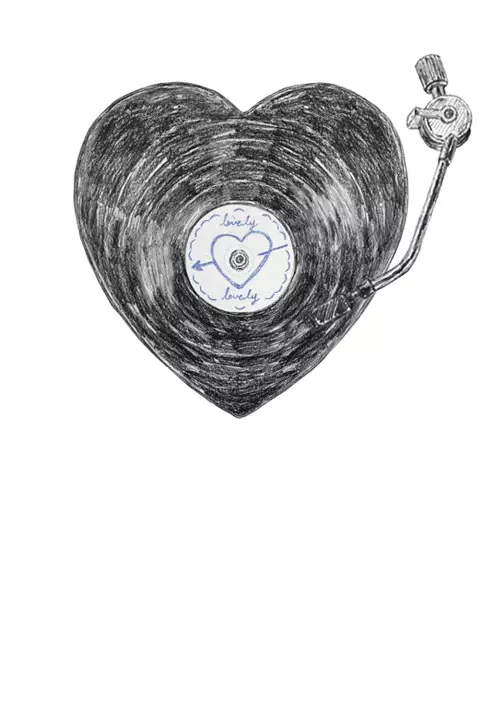
看过《死亡诗社》(Dead Poets Society)的小伙伴想必会很熟悉“carpe diem”这个短语。
在电影中,罗宾·威廉斯扮演的基廷老师带着威尔顿学校的学生们观看校友的黑白照片时,说出了这句电影史上的金句之一:
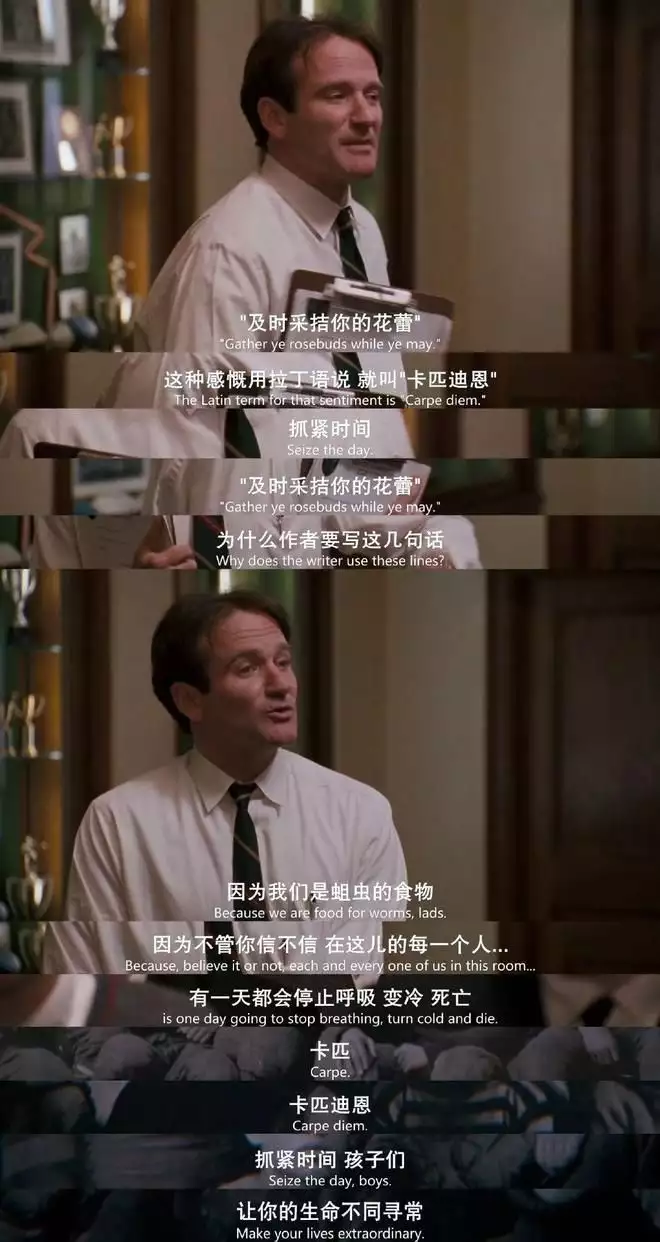
电影《死亡诗社》
其实,“carpe diem”源自于古罗马诗人贺拉斯在公元前23年所写的《颂歌》 (Odes),原文由拉丁文写成,翻译为“采下这一天,别指望明天”。
其中“carpe diem”直译成英文就是“pluck the day”,而pluck意为采摘,比如摘花 (pluck the flower)。
现在,“carpe diem”通常被引申为“把握当下”(seize the day)或是“及时行乐”。

在《死亡诗社》上映三十多年后的今天,“carpe diem”已经成为了流行文化的宠儿。社交媒体话题“YOLO”所表达的“你只能活一次” (you only live once)的价值观中,就有carpe diem的影子。
但是,从这里也可以看出,carpe diem所表示的意义越来越近似于享乐主义 (hedonism)。商家也开始滥用“carpe diem”的概念来诱导大众购物狂欢。
这也是一个语言学家和哲学家们都在讨论的问题。
不少学者认为“carpe diem”的翻译应当按照贺拉斯诗中的原义,译为“采撷今日” (pluck the day),而非“抓住/把握当下” (seize the day)。澳大利亚哲学家罗曼·柯兹纳里奇 (Roman Krznaric)在《为“carpe diem”正名》 (Reclaiming Carpe Diem)一文中说:

小伙伴们可能会好奇,这两种翻译看上去没有太大区别啊。
的确,《颂歌》中的“carpe diem”可以代表生命的快乐如同盛开的鲜花,如果今天不去采摘就不再有机会,这和把握当下的意思有共通之处。
但拉丁文学者玛丽亚·马尔西里奥 (Maria S. Marsilio)指出,从原诗的上下文看,“carpe diem”其实是个园艺学的隐喻,它的重点在于享受这一刻大自然所带来的感官体验。而“抓住” (seize)所表达的情感则更加有力,甚至有一定的暴力色彩。反观今天社交媒体中“carpe diem”所代表的意义,确实是有在事物或是生命消逝之前抓紧攥取,趁着还来得及赶紧享受的含义,不得不说是一种词语在转译过程中造成的失真。
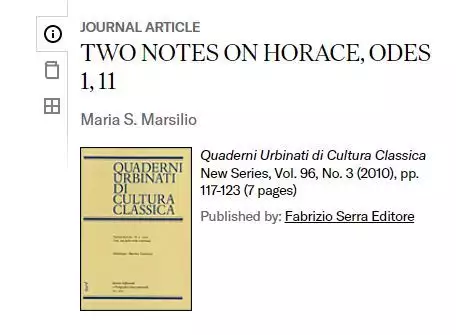
玛丽亚·马尔西里奥的文章
不过,在中外诗歌中,常常会有用“采花”这一意象告诫人们珍惜当下的句子。
例如英国诗人罗伯特·赫里克 (Robert Herrick)的《致少女,珍惜青春》 (To the Virgins, to Make Much of Time)以及唐代的七言乐府诗《金缕衣》 (The Golden Dress)。而欧洲各国的文学中,也有一种类型的诗歌被称为“carpe diem poetry”,类似于中国古代的“惜阴”诗词。
致少女,珍惜青春(节选)
Gather ye rose-buds while may,
蔷薇盛开时,愿君采撷,
Old time is still a-flying;
岁月漫长,但也是在不停飞逝;
And this same flower that smiles today,
今天明媚的花朵,
Tomorrow will be dying.
明天也许就要凋谢。
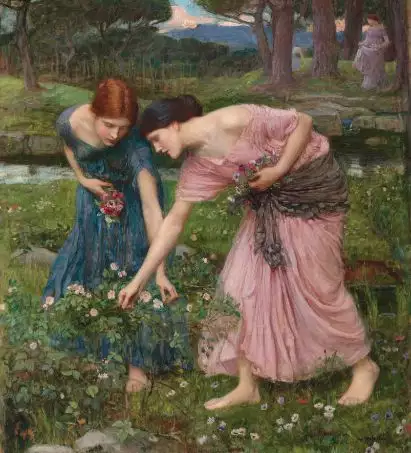
《金缕衣》
许渊冲 译
劝君莫惜金缕衣,
劝君惜取少年时。
花开堪折直需折,
莫待无花空折枝。
Love not your golden dress, I pray,
More than your youthful golden hours.
Gather sweet blossoms while you may,
And not the twig devoid of flowers.
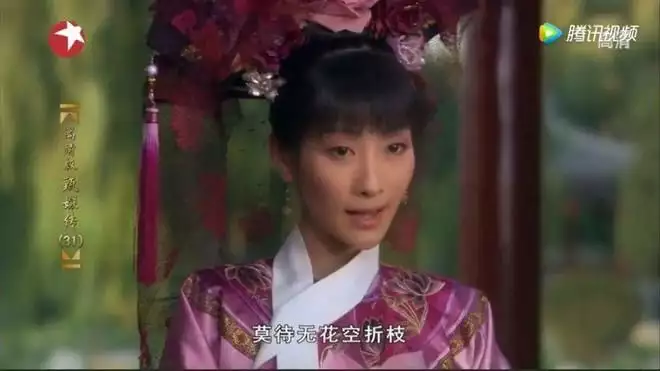
无论是理解为抓住一生只有一次的宝贵时光,还是把生命投入在转瞬即逝的快乐中,或是安静地享受生命的每一天,“carpe diem”这个短语经过了时间的洗礼,所保留下来的核心或许就是让人珍视身边的事物,无论短暂或持久,因为每一天都是新的一天 (tomorrow is another day)。

像“carpe diem”这样,在 英语中常见的拉丁文表达还有许多。双语君在这里也总结一些送给大家。
❶
Per se/ˈpɜː ˈseɪ/
本身
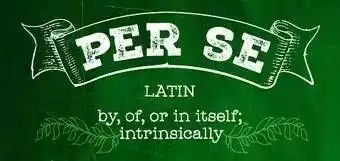
这个词直译成英语就是“by itself”或“in itself”,本身、本质上的意思。
例句:
❷
Vice versa/,vais 'və:sə/
反之亦然

拉丁语意思是“to change”(改变) 或 “turn around ”(转过来),在英语里指反过来也一样。
英国作家塞缪尔·巴特勒(Samuel Bulter)的这句名言是个极好例句:
❸
Alter ego/,ɔːltə 'iːgəʊ/
另一个我(个性中的另一面)

这个词是古罗马政治家西塞罗(Cicero)创造出来的,本意是“a second self”或“another I”,很多人都有另一种人格,或者性格上隐藏的一面。
此外,这个词还引申出知己、最信赖的密友等意思。
❹
pro and con
正反两面

这个词经常用在辩论中或是分析利弊时,它源自拉丁语pro et contra,pro在此是“赞同”(in favor of)的意思;而contra则指“反对”(in opposition to)。
❺
Status quo/'steɪtəs 'kwəu/
现状
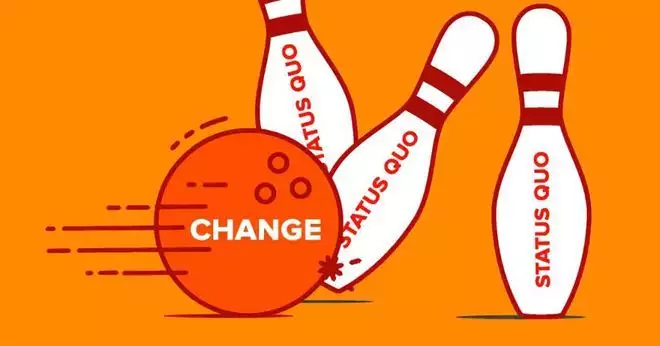
这个表达从拉丁语“the state in which”(处于某种情况中)而来,表示事物现有的状态,常常相对于另一种可能的状态而言。
拉丁语虽然已经死亡,但这些词仍然活着,你是不是也时常说“carpe diem”呢?在你心中,“carpe diem”又是什么意思呢?

